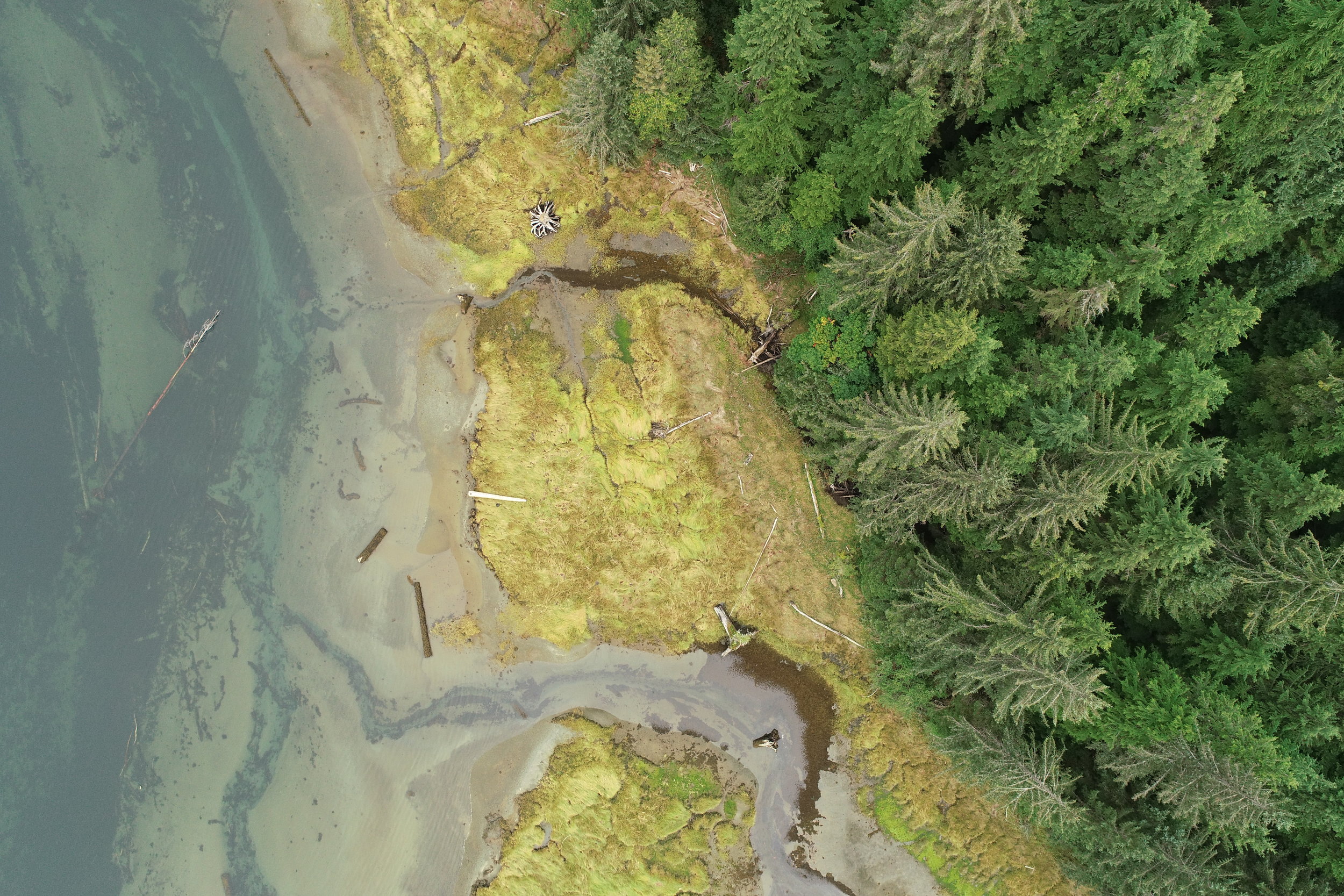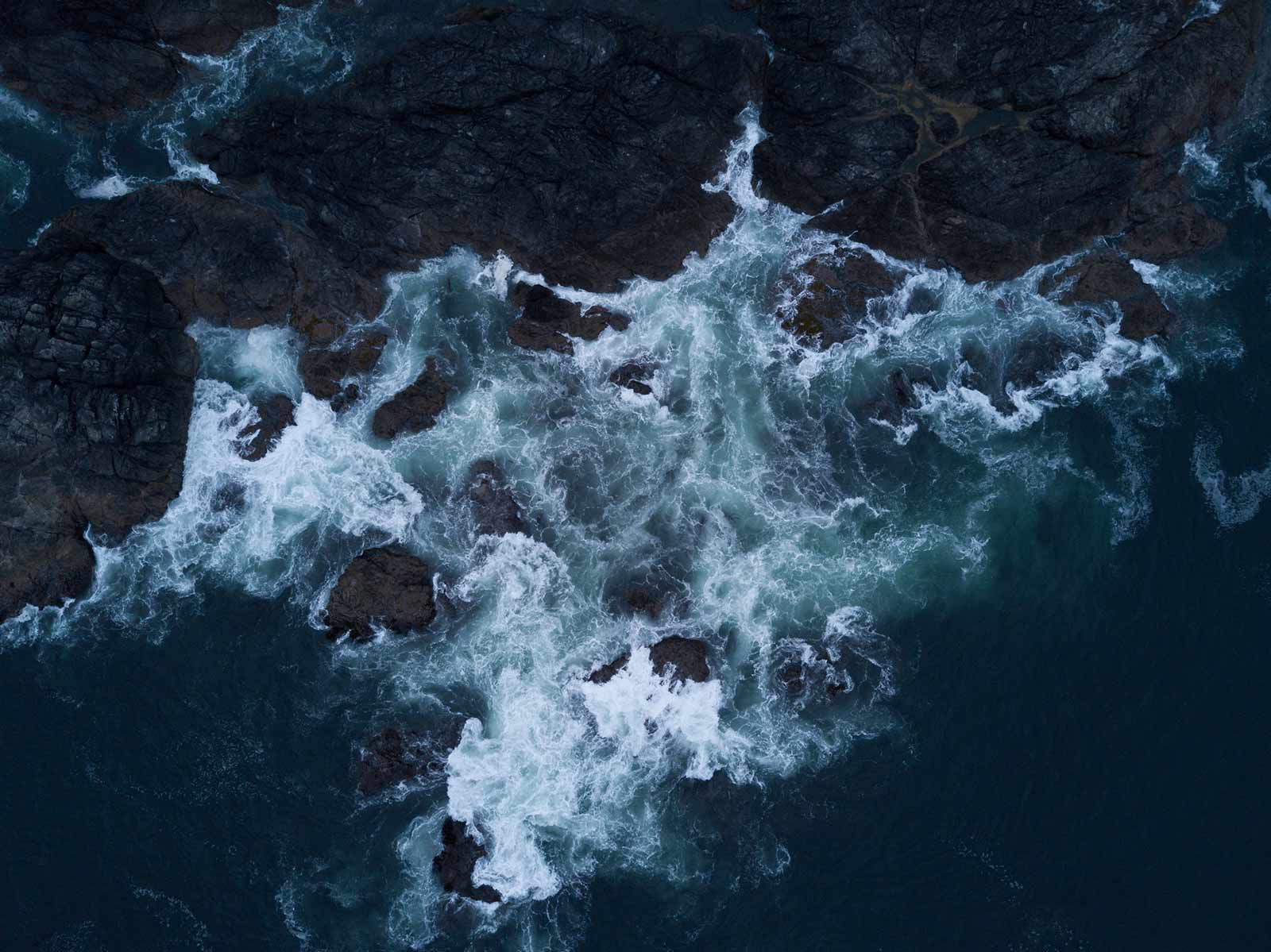It’s hard to imagine a world without killer whales and salmon, but their survival in the Salish Sea is uncertain.

Killer whales and salmon are icons of the West Coast. These animals represent nature’s raw beauty and embody the Sea to Sky country by connecting mountains with ocean. It’s hard to imagine a world without them, but their survival in the Salish Sea is uncertain.
In 2018 (when this project began), there were 78 remaining southern resident killer whales. These creatures have arguably the highest levels of toxic contamination of any species on the planet. This is a result of human impacts on their habitat. Salmon populations are also under stress and are migrating northward in response to a changing climate. Maintaining the current populations of these species in the Salish Sea requires thoughtful management of our impacts on their marine world.
We create a lot of pollution. Toxic chemicals like PCBs, hydrocarbons and pesticides have washed over the land, into rivers and out to the ocean where they enter the food web. Plastics have become a serious problem and microplastics, tiny pieces of degraded plastic, enter the food web just like chemicals. This pollution builds up along the coast and makes its way into shellfish, birds, fish, whales and even people. In high concentrations this causes sickness and death for some animals and turns healthy food into a health risk for people.
This project is about supporting the people working hard to make our coasts healthier. A healthy coast means less pollution, sustainable land use practices, healthy animals and healthy people. We can help repair and protect our common environment by putting the right tools in the hands of the people working hard to clean up and maintain our shores.
What did this project accomplish with the support of the Fathom Fund?
This project focused on the field validation and refinement of two tools for reducing the cost of pollution testing.
- An algorithm for predicting pollution concentrations throughout a site that combines data collected by drones with lab tested samples of soil and water showing the concentrations pollutants. This will allow pollution to be measured in greater detail with less samples taken, saving time and money.
- A new biosensor that will open up the possibility of low-cost in-field testing for initial assessment of pollutants. In some cases this can suit pollution monitoring needs on its own, and in others it can identify pollution hotspots and inform the selection of sample areas for further testing in the lab.
In addition to supporting the advancement of these technologies and products, supporters who backed this project contributed to the management of the Little Campbell river and estuary in Surrey, BC. They supported planning for the development of healthier salmon habitat (and by extension healthier food for killer whales) and providing crucial data that will help the Semiahmoo First Nation advance their goal of re-opening their shellfish fishery, closed since the 1970s due to contamination.
Visit the project page on Kickstarter.
Project Team
Nathan Vadeboncoeur has spent the past decade working in science assessment, consulting, research and development, motivational speaking, teaching and media/film production. Regardless of the field of practice, he has worked hard to connect players from across a wide range of sectors to work toward a common goal — improving science-based decision-making in our personal and professional lives. He is the founder of Smart Shores, a social enterprise that strives to provide world-class remote sensing and communications materials to support coastal management. He was a lead author of two federal science assessment reports and earned a PhD in Resource Management and Environmental Science at the University of British Columbia.




